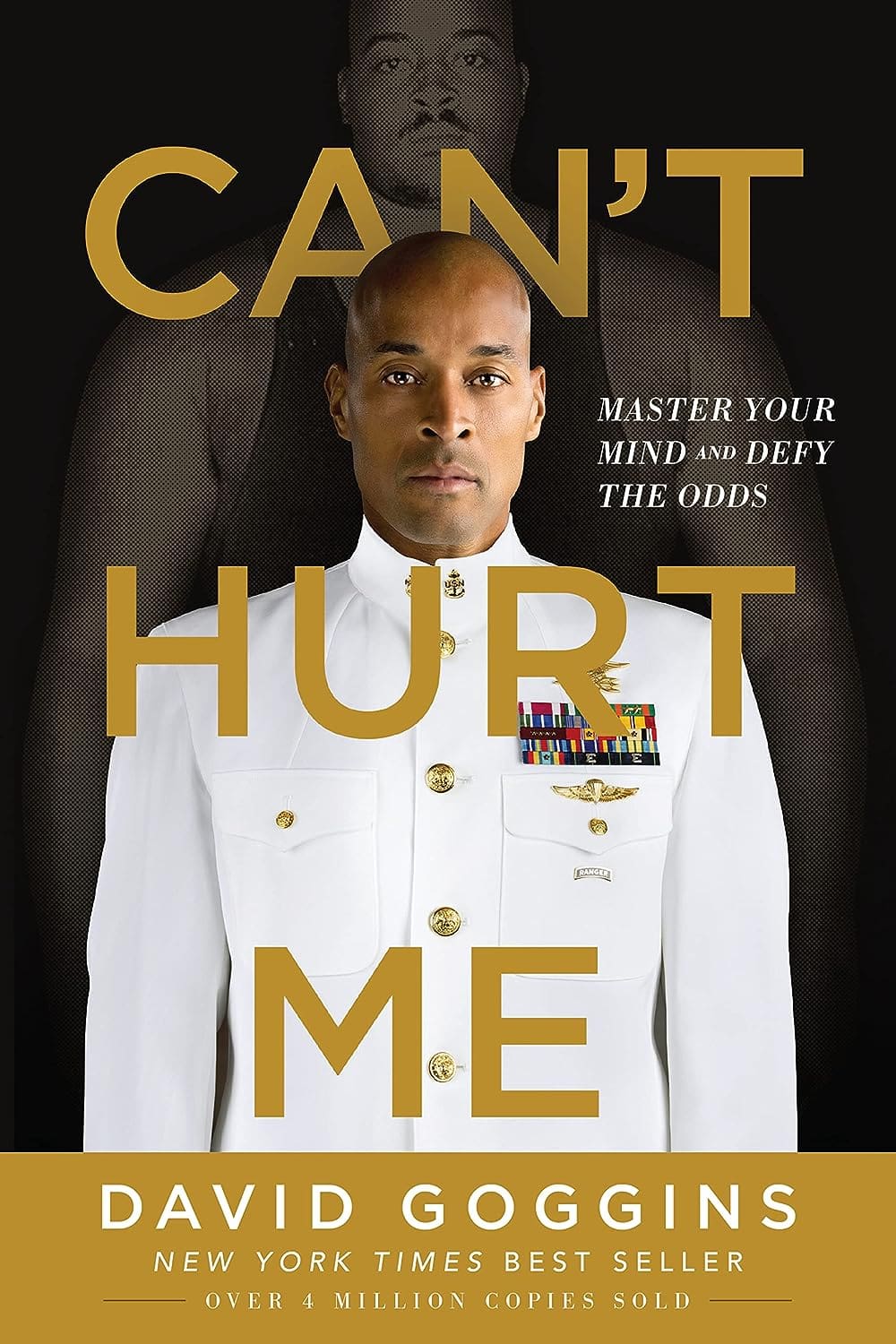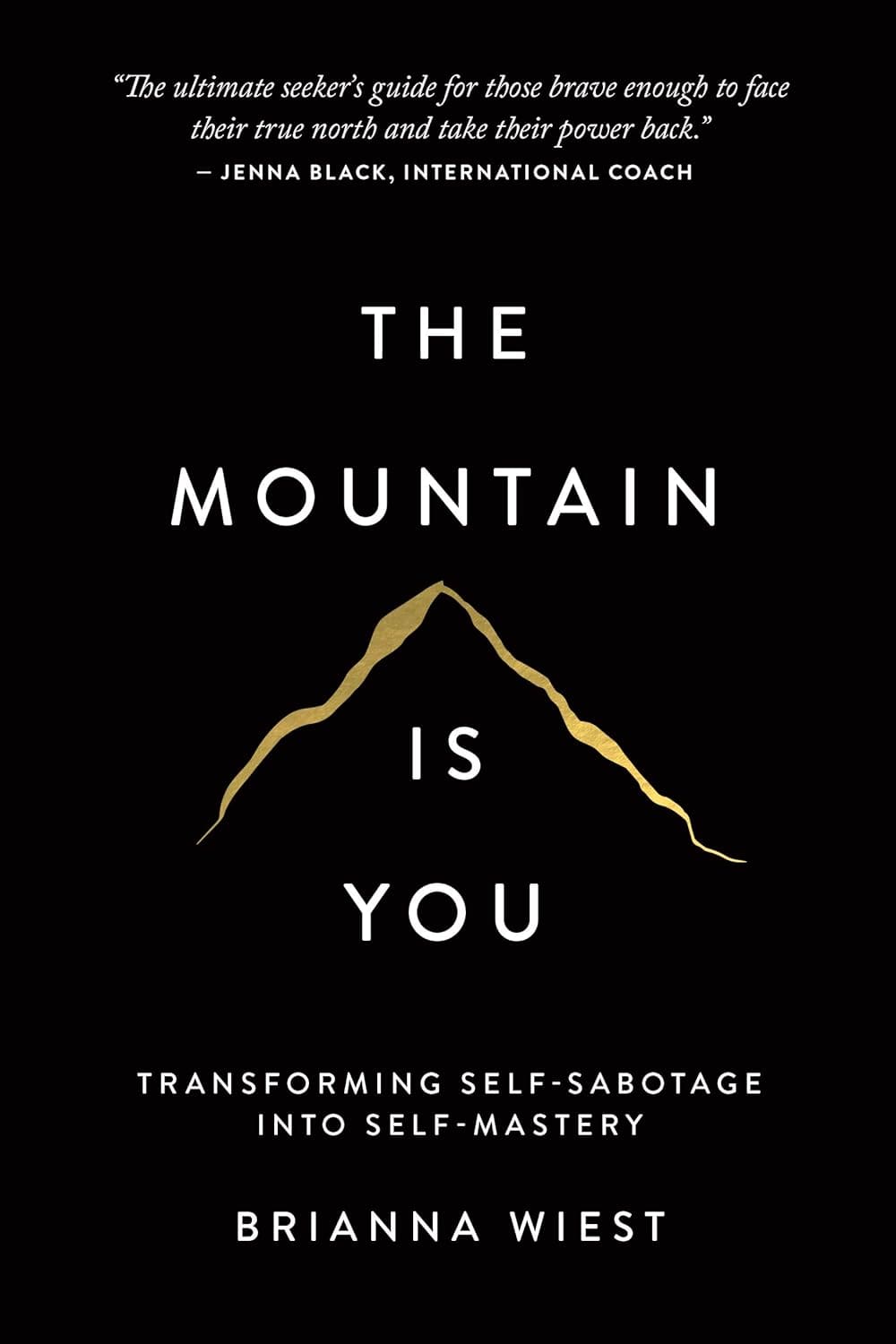Self-Help
The Impact and Intricacies of Self-Help Books
In an era of information overload, where access to knowledge is just a click away, self-help books have carved a niche for themselves. Whether you stroll through a bookstore or scroll through a digital reading app, self-help titles often dominate the shelves. But do they genuinely provide the assistance they promise? Let’s delve into the world of self-help books and see.
Do self-help books really help?
At their core, self-help books offer strategies, guidance, and inspiration to readers aiming for personal growth and transformation. Many readers have testified to life-changing moments stemming from these books. They offer not just theoretical knowledge but often actionable steps that readers can implement in their lives.
However, the effectiveness of a self-help book varies. It largely depends on:
- Relevance: The extent to which the content resonates with the reader’s personal situation.
- Action: The reader’s dedication to applying the book’s advice.
- Quality of Content: Not all self-help books are created equal. While some are backed by extensive research and expert insights, others might be more anecdotal in nature.
What is a self-help book?
A self-help book is a type of instructional book designed to assist its readers in improving some aspects of their lives with practical advice and techniques. The spectrum of self-help books is vast—ranging from topics like personal development, relationships, mental health, and even financial growth. They’re often written by experts, psychologists, or individuals who have overcome significant life challenges and aim to share their strategies and stories with a larger audience.
Do psychologists recommend self-help books?
The realm of psychology recognizes the potential of a good self-help book. Many psychologists often integrate book recommendations into their therapeutic interventions. Books that are evidence-based and written by professionals in the field can serve as valuable supplementary resources alongside therapy.
Nevertheless, it’s essential to note that while some self-help books can provide tremendous insights, they should not be considered a complete replacement for professional therapy or counseling. For complex mental health issues or when facing significant life challenges, seeking expert help is paramount.
Where to start with self-help books?
Starting with self-help books can be overwhelming given the plethora of choices available. Here are a few steps to guide your journey:
- Identify Your Needs: Begin by pinpointing the area of your life you’re keen to develop or the challenges you wish to overcome.
- Research: Once you’ve identified your area of interest, look for books written by experts in that field. Reader reviews can also provide insights into a book’s effectiveness and relevance.
- Start Small: Instead of diving into dense texts, start with a well-recommended, concise book to ease into the self-help genre.
- Apply What You Learn: Reading alone won’t bring change. Ensure you implement strategies and suggestions offered in the book.
In conclusion, self-help books have the potential to be transformative tools when chosen wisely and paired with action. While they can provide valuable insights and strategies, it’s essential to approach them with a discerning mind, ensuring they complement and don’t replace professional guidance when needed. Whether you’re a self-help enthusiast or a skeptic, there’s likely a book out there that can offer a fresh perspective on the challenges you face. Happy reading!
Showing all 2 results



